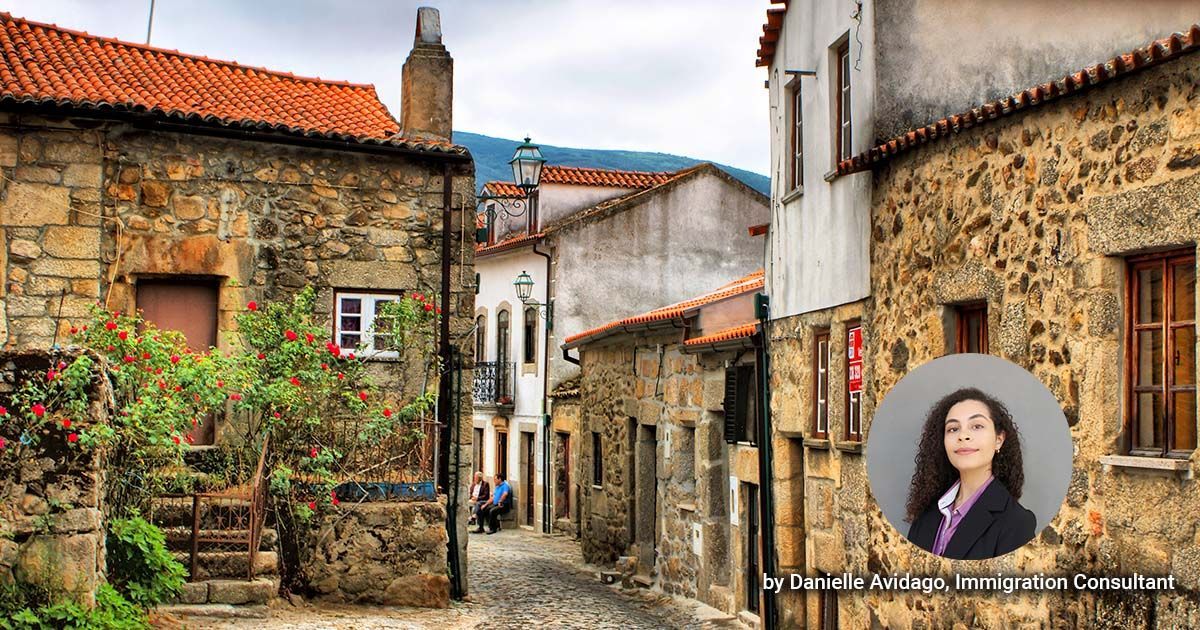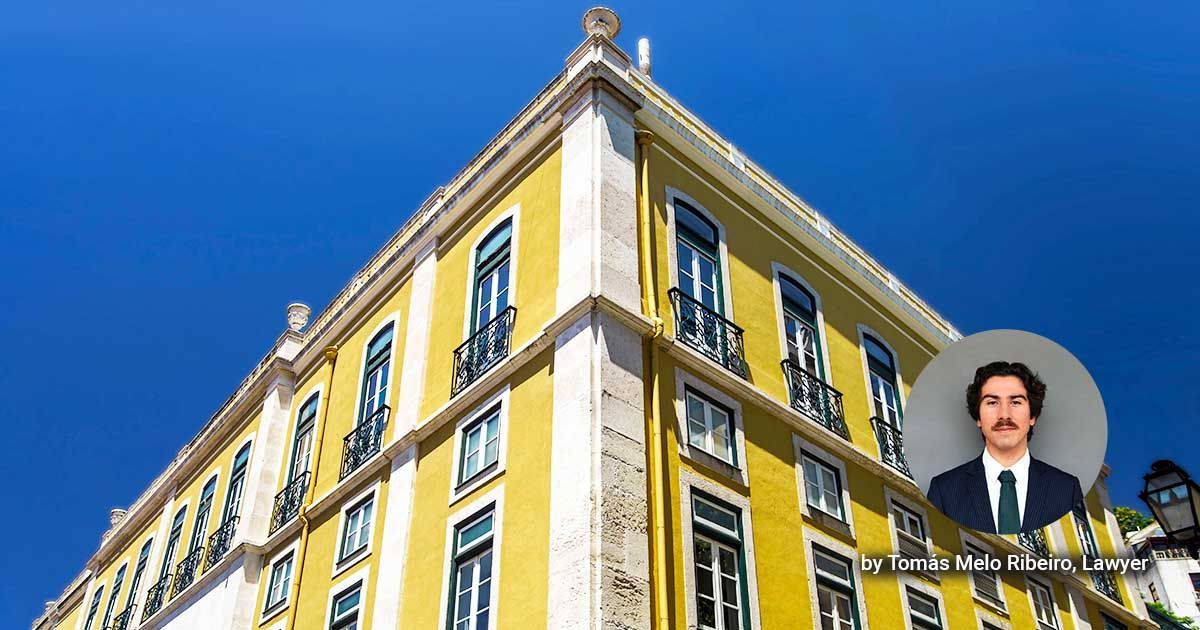Your Guide to Temporary Stay Visas in Portugal

Joana Torres Fernandes | Partner
Portugal provides a range of specialised visas tailored to varied needs, enabling visitors to effortlessly address their unique circumstances.
A visa application must be submitted in person at the Consulate that corresponds to the applicant's legal area of residence. A Temporary Stay Visa is intended for stays longer than 90 days but not exceeding one year, allowing multiple entries into Portugal. The decision process can take up to 30 days.
While most temporary visas share common basic requirements, some have unique criteria. Therefore, it is essential to be well-informed about the specific requirements for each Temporary Stay Visa Portugal offer.
The E1 Visa serves for medical treatment purposes, catering to people in search of healthcare in Portugal. It's particularly beneficial for those in need of specialised medical care not accessible in their home country. To apply for this visa, a detailed statement outlining the medical grounds for treatment in Portugal is required.
On the other hand, the E2 Visa aims at nationals from the World Trade Organisation (WTO) countries who wish to reside temporarily in Portugal for service provision or professional training. Applicants are expected to provide documentation confirming the transfer within the same company or corporate group.
The E3 Visa attends to individuals looking to pursue independent work in Portugal. It requires specific documentation like having a registered business or a service provider proposal.
For those interested in scientific research, academic teaching, or highly qualified activities in Portugal, the E4 Visa is tailored for stays under a year and, applicants must present specific documentation like admission to a recognised research centre or job offers in academic teaching or specialised activities.
If you are keen on amateur sports pursuits in Portugal, then E5 visa would be your option. Providing certification from the sports federation and a responsibility statement from the sports association or club is the main requirement along with the others mentioned above.
Looking at the E6 Visa, it is ideal for extended temporary stays exceeding three months in Portugal, catering to study programs, unpaid internships, volunteer work, or retirement. Ensure to provide the necessary certification based on the purpose of the stay: students, interns, or volunteers need certification from relevant institutions; retirees should validate their retirement income; and individuals relying on personal revenues must show income sources and ties to Portugal.
The E7 Visa was created for those supporting family members receiving medical care in Portugal. Essential documents include proof of kinship, medical reports, and certification of required care from a health institution. Additional paperwork might be needed based on specific circumstances, like cooperation agreements requiring documentation from a medical board and proof of appointments.
Transitioning to the E8 Visa, individuals seeking seasonal work in approved sectors like agriculture and hospitality must present a work contract, specifying details such as location, duration, salary, insurance, and vacation entitlement. This visa extends beyond 90 days up to 270 days, requiring documentation like a job offer or contract from a temporary work company or Portuguese employer.
Moving on to the E9 Visa for short-term education or professional training, applicants must secure admission to a course less than a year in duration from a recognised institution.
The E9 Visa for Digital Nomads targets those conducting remote professional activities seeking temporary residence in Portugal. Supporting evidence includes demonstrating the ability to work remotely and displaying an average monthly income four times the Portuguese Minimum Wage over the last three months. Additional documentation may encompass work contracts, employer declarations, business agreements, or proof of services rendered to entities.
The Family Reunification Visa in Portugal lets family members unite with applicants pursuing a Residence Visa. To qualify, establish family ties with birth certificates, marriage certificates, or partnership documents. Financial stability proof is vital for supporting both the main applicant and accompanying relatives, as well as the main applicant's National Visa request and a valid Residence Visa if applicable.
For individuals with Lost, Expired, or Renewing Residence Permits, the Temporary Stay Visa in Portugal can be helpful. The applicant must provide the original Portuguese Residence Permit or a copy if lost, and evidence of an appointment with AIMA for permit renewal. If the permit is lost or stolen, submit a police report for a smooth residency status transition.
For visitors looking for an extended holiday in Portugal the Youth Mobility Visa might be the perfect choice. Citizens from specific countries can enjoy up to 12 months in Portugal but must demonstrate financial means equivalent to the Portuguese Minimum Wage for the stay. Sponsorships are welcome, along with necessary documentation, for a fulfilling cultural exchange experience in Portugal.
Understanding the various visa options available in Portugal can open doors to unique opportunities. Applicants can ensure a stress-free experience and fully enjoy their time in this beautiful country, by carefully gathering the necessary documentation and complying with the specific requirements of each visa category.
Should you wish to further discuss this matter, don't hesitate to contact us. Our team is dedicated to providing comprehensive support to navigate these legal waters with the utmost diligence and precision.











